Nissan has announced that it will “further accelerate the electrification strategy” of its “Nissan Ambition 2030” plan, which was launched in 2021. The plan includes 23 “electrified” vehicles, 15 of which are EVs, and 7 of which are still powered by petrol combustion engines. The company now says that the “electrification mix” across the Nissan and INFINITI brands by 2030 is projected to increase to more than 55%, up from the previous forecast of 50%.
Nissan’s Ambition Plan Lacks Ambition
Despite Nissan’s ambitious goals, many analysts believe that by 2030, fully electric vehicles will make up over 90% of global car sales. This means that Nissan’s goal of a 55% “electrification mix” by 2030 is not ambitious enough. Furthermore, Nissan has not provided any detail on how it plans to scale EV production, making it difficult to assess the feasibility of their plan.
Nissan’s Focus on Expanding Model Range Instead of Scaling Production
Nissan’s strategy seems to focus more on offering a wide number of different models rather than following Tesla’s strategy of focussing on just a few models and scaling production volumes. This approach requires factories to constantly retool and change production lines, slowing down the process considerably. As an example, Nissan’s all electric Ariya SUV was launched in Japan in 2020 but still hasn’t made it to Australia three years later.
Tesla’s Strategy of Streamlining Everything
In contrast, Tesla limits its product range to just a handful of models and invests more time and money in developing new more efficient manufacturing techniques like its single-body castings. This narrow focus enables Tesla to save huge amounts of time, space and money, enabling the company to scale production rapidly while lowering its prices.
Legacy Automotive Companies Should Focus on Making EVs
Legacy automotive companies might have better chance of surviving the world’s transition to EVs if they offered fewer models and focus on making higher volumes. There is overwhelming demand for electric vehicles and customers are so desperate to get them many vent their frustration with the lack of supply. Maybe legacy auto should stop offering a plethora of different EV models and instead just focus on actually making EVs.
FAQ
Q1: Are electric car batteries recyclable?
A1: Yes, electric car batteries are recyclable.
Q2: Are electric car chargers free?
A2: It depends on the charger and the location. Some electric car chargers are free, while others may require a fee.
Q3: Can electric car batteries be rebuilt?
A3: Yes, electric car batteries can be rebuilt with the right tools and knowledge.

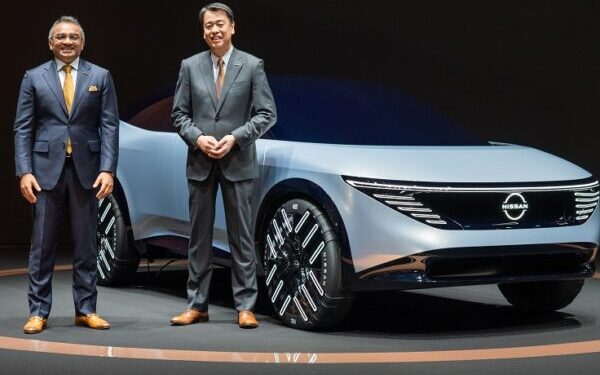
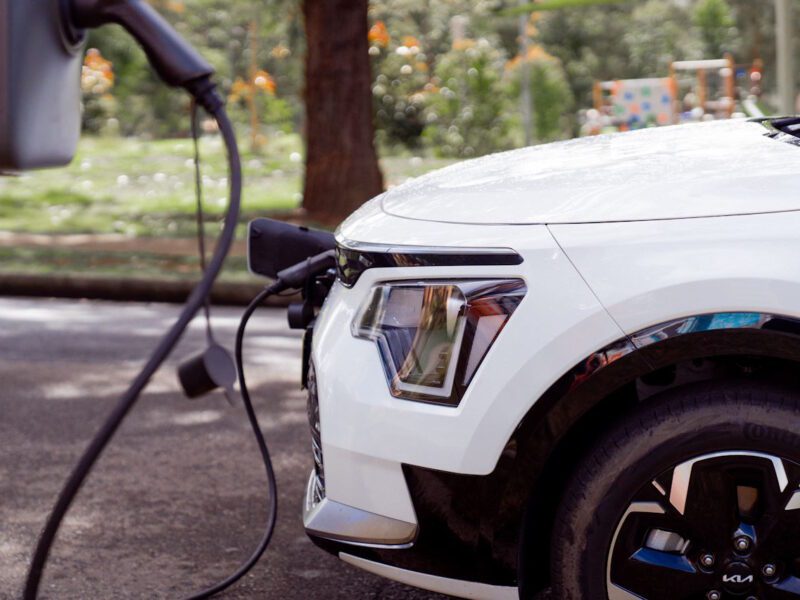
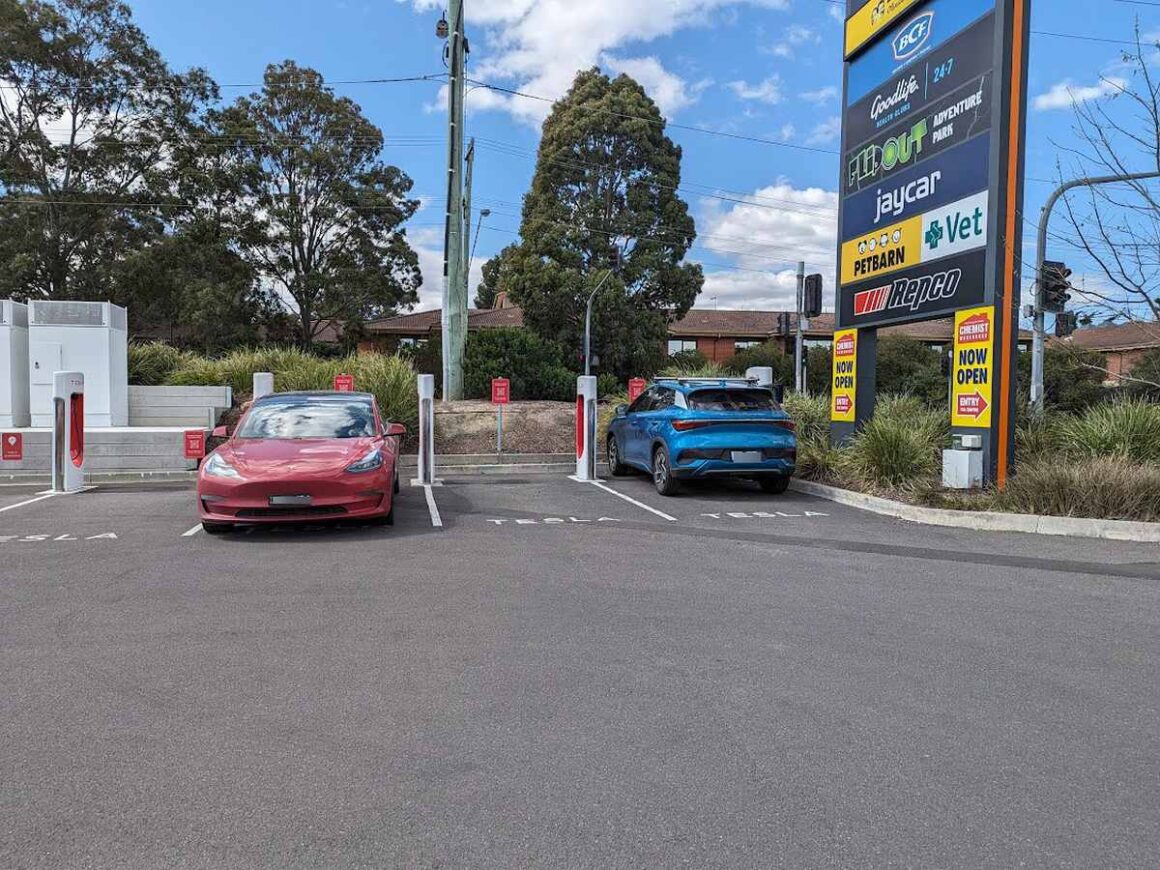
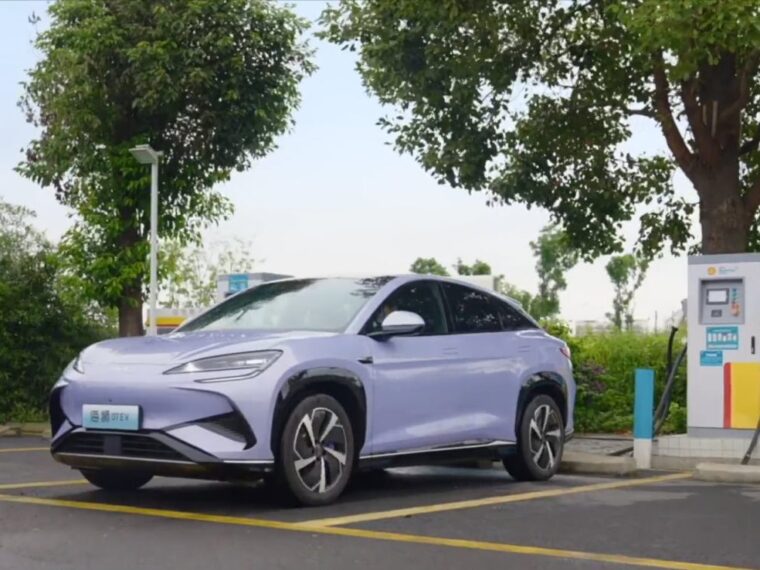
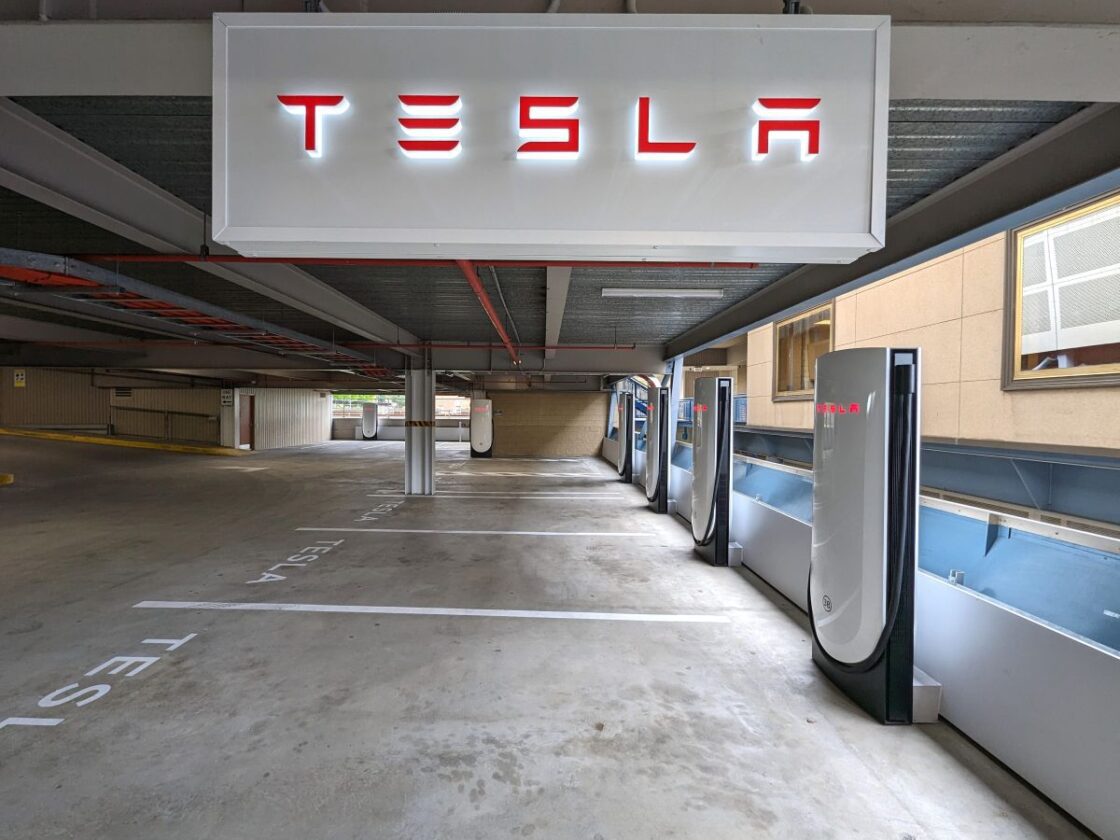

![This anodeless, compressionless solid-state battery could be the next big thing [Update] This anodeless, compressionless solid-state battery could be the next big thing [Update]](https://eletricmoto.com/wp-content/uploads/2024/08/this-anodeless-compressionless-solid-state-battery-could-be-the-next-big-thing-update-120x86.jpg)

